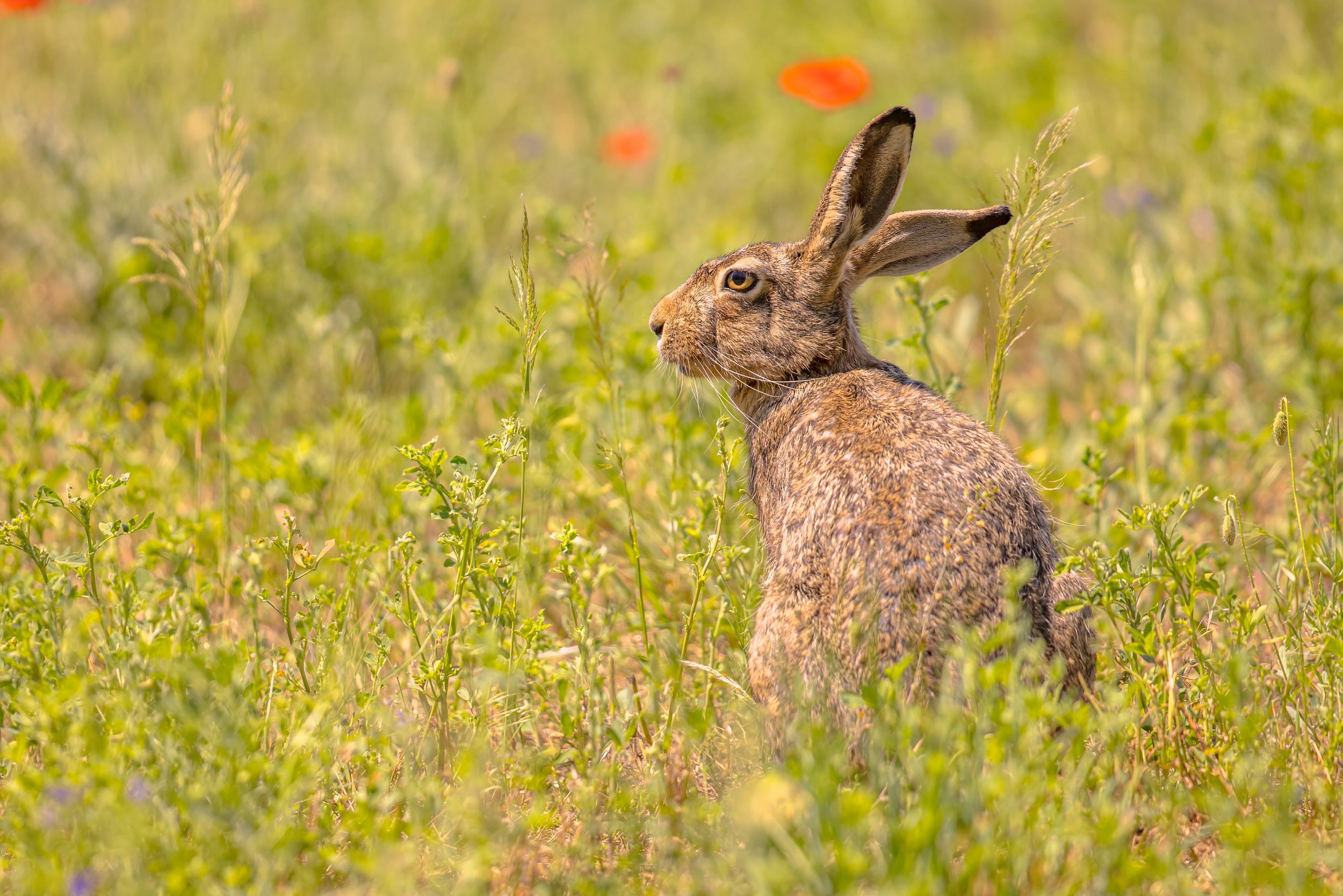
Rewilding Dialogue
At the heart of the wildE project lies our commitment to cultivating an inclusive and dynamic dialogue with essential rewilding stakeholders. Our ambition extends beyond mere communication; it seeks to build bridges between the local stakeholders at our eight rewilding sites across Europe, and the influential scientific and policy advocates from grassroots to the overarching European level.
The wildE project envisions bringing together a tapestry of visions and voices within in-person and digital spaces that will be created to foster participation, collaboration and dialogue on rewilding. Through a meticulously curated participatory process, the project aims to integrate insights from local stakeholders across our eight rewilding sites implemented across nine European countries representing various European regions; and reflecting a diversity of ecosystems, landscapes, socio-economic contexts and rewilding actions. Simultaneously, wildE is engaging and activating prominent experts from both the scientific community and policymaking sectors across all levels, ensuring a representativity of all.
Our digital efforts culminate in the Rewilding Knowledge Hub – a new and evolving multilingual web-platform teeming with up to date resources on rewilding. This platform will not only serve to provide our rewilding community with the tools and up to date knowledge and resources to make informed decisions but also as a web-based networking tool with dedicated spaces for discussions, events calendar, resources sharing and group work.
Key Stakeholder Engagement
Charting the Terrain: Identifying and mapping relevant stakeholder groups within the wildE rewilding sites and as well as in Europe overall.
Harmonizing Expertise: Collaborating with prominent stakeholders from practice, science, and policy spheres to understand trends in ecosystem evolution and the viability of rewilding strategies in the context of biodiversity and climate crises.
Fostering Collective Action: Engaging in multi-stakeholder dialogues and forging strong partnerships that will upscale rewilding in policy formulation and on-the-ground implementation.
Resource Mobilisation: Connecting with stakeholders capable of mobilising and channelling funds towards addressing the biodiversity and climate change challenges via innovative rewilding solutions.
The Rewilding Dialogue will drive every component of the wildE project. By fostering open, multi-level dialogue and shared insight from a diverse range of stakeholders, it ensures that each project facet is rooted in collective expertise and wisdom. This collaborative approach will not only inform the project’s direction but will also amplify its impact across other European and international rewilding initiatives.
Join us in shaping the future of rewilding!
Your voice is integral to the advancement of the wildE project! Rewilding Dialogue is the core of the project. By establishing a wide-reaching inclusive and ongoing dialogue, we aim to foster a mutually beneficial relationship between the project and all those interested in, or impacted by, its design, implementation and results.
We’re excited to connect with you through a unique survey designed to gather information on and connect with all stakeholders eager to interact with our mission. Expertise isn’t a prerequisite here; your enthusiasm is what counts!
Whether you are an individual, an artist, a businessperson, a local school, an NGO or an international organisation – your perspective is important to us and will enrich our understanding and shapes the direction of wildE. The project welcomes everyone ready to contribute to this transformative journey!
wildE stakeholder survey
Stakeholder engagement is a crucial part of the project’s implementation, providing a broad, inclusive and continuous process throughout the project and an open, constructive relationship between the project and those that may show interest in its design, implementation and outputs.
A survey has been created to gather information on stakeholders that are interested to engage with the project. It is not required to be an expert to engage with the project, but rather having the willingness to participate in it. You can represent an individual, a local school, an international organisation, etc. wildE stakeholder engagement process is open to everyone willing to participate.
Partners involved
-
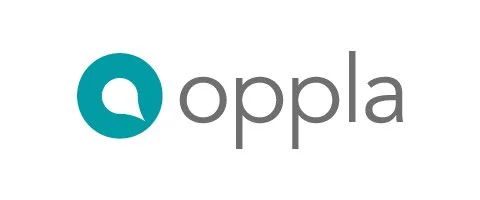
Oppla
-

IUCN
-

INRAE
-

Karlsruhe Institute of Technology
-

University of Copenhagen
-

KNAW
-
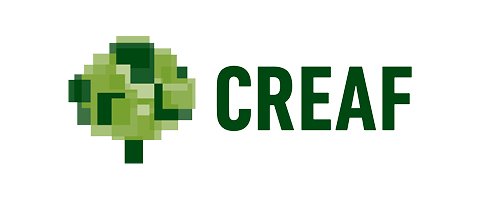
CREAF
-

Humboldt University of Berlin
-

European Forest Institute
-

Lund University
-
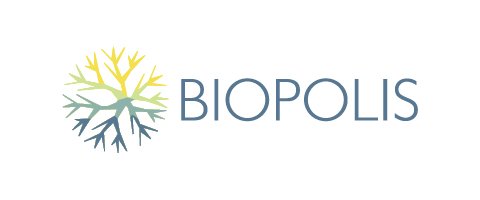
Biopolis
-

SAS - Institute of Forest Ecology
-

Martin-Luther-Universität Halle-Wittenberg
-
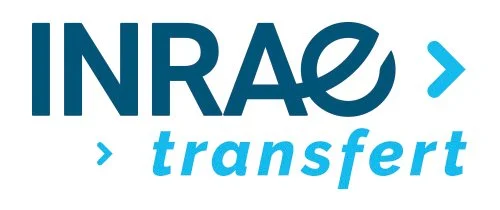
INRAE Transfer
-

Czech University of Life Sciences Prague
-

Wageningen University
-
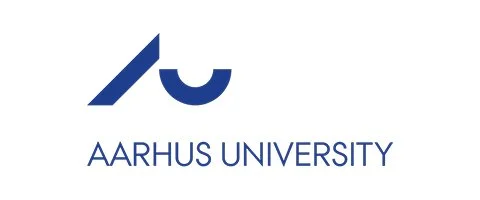
Aarhus University
-
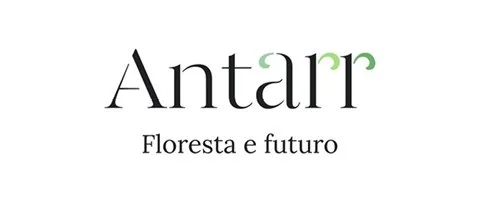
Antarr Sustainable Productive Forest
-
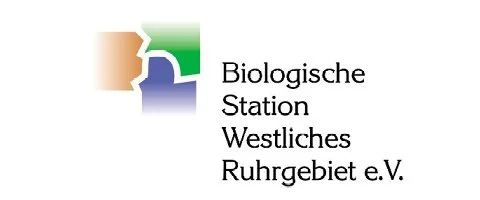
Biologische Station Westliches Ruhrgebiet
-
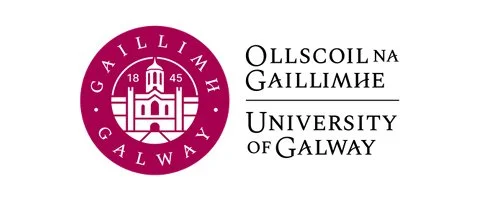
University of Galway
-
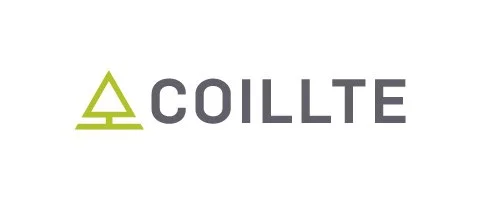
Coillte Teoranta
-
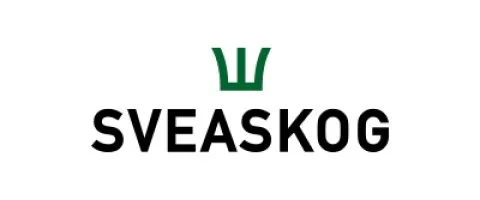
Sveaskog Förvaltnings
Meet the team
-

Paul Mahony
Pau Mahony is the project lead for rewilding dialogue. He is a communications specialist and the Creative Director at Oppla. Paul is the work package lead for rewilding dialogue.
-

Susanna Gionfra
Susanna Gionfra is the project co-lead for rewilding dialogue. She is the Nature-based Solutions Senior Project Officer at the IUCN European Regional Office (IUCN EURO).
-

Leon Mueldner
Leon Mueldner is the Nature-based Solutions Project Assistant IUCN EURO. Leon is part of The Nature-based Solutions Team, which works on several NbS projects at the EU level focusing on urban biodiversity, forestry and NbS upscaling across Europe.
-
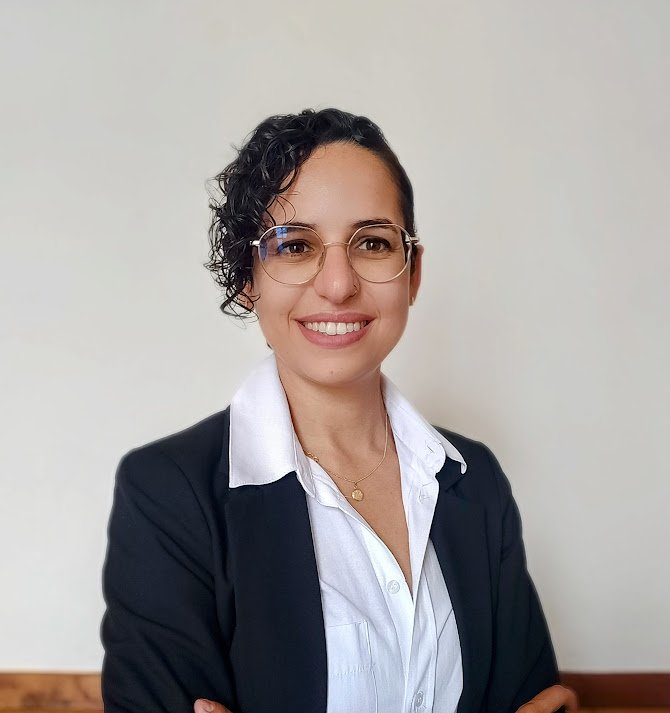
Firdaous Halim
Firdaous Halim works as the Nature-based Solutions Project Officer at IUCN EURO. Friadaous is part of The Nature-based Solutions Team, which works on several NbS projects at the EU level focusing on urban biodiversity, forestry and NbS upscaling across Europe.
-
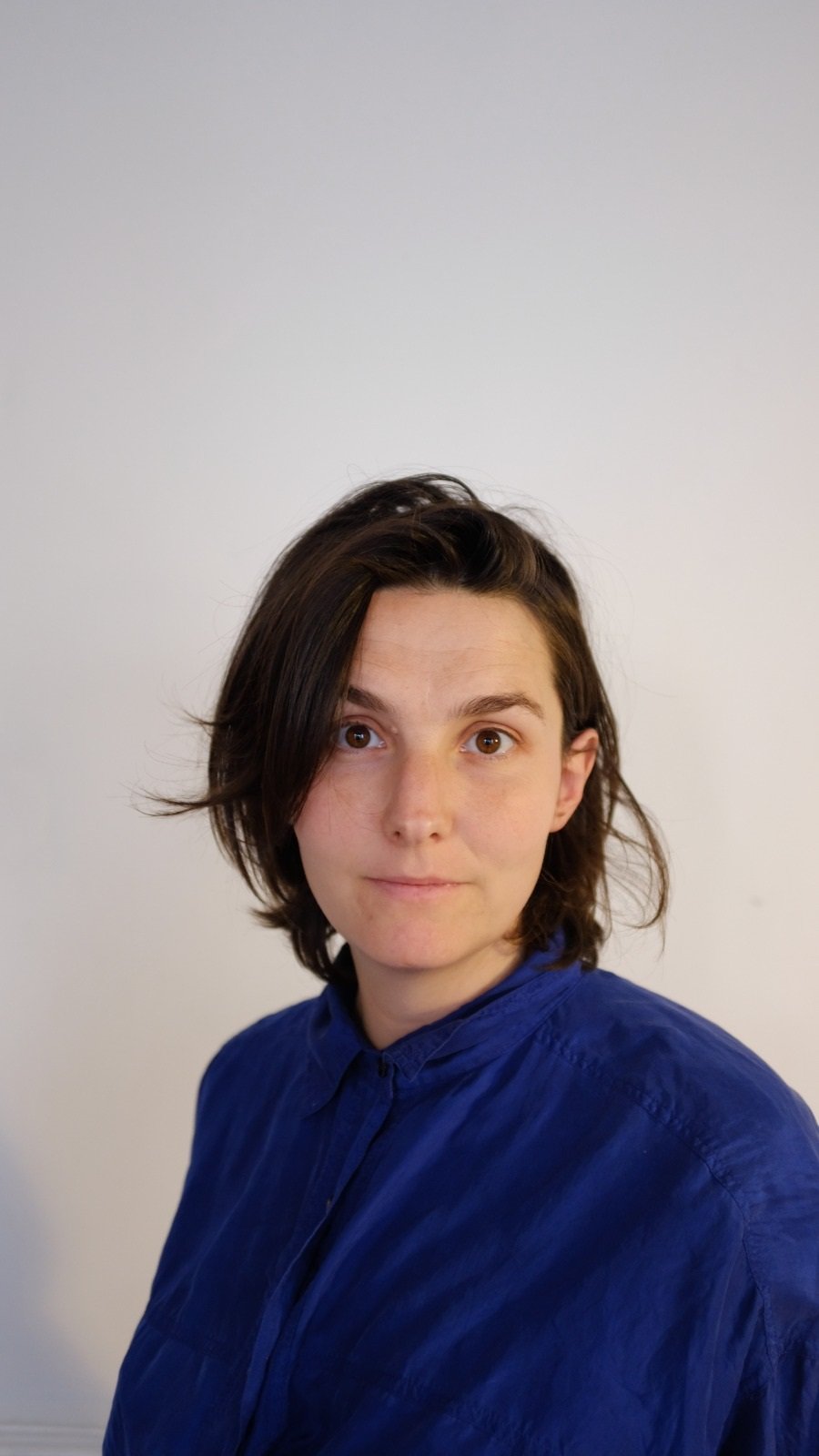
Maria Nuñez Rodriguez
Maria Nuñez Rodriguez works as Nature-based Solutions Project Officer at IUCN EURO. Maria is part of The Nature-based Solutions Team, which works on several NbS projects at the EU level focusing on urban biodiversity, forestry and NbS upscaling across Europe.
Discover more.
-

Rewilding baselines
Identifying factors that make rewilding attempts more likely to be successful and developing a framework which uses European-wide data to identify rewilding opportunities.
-
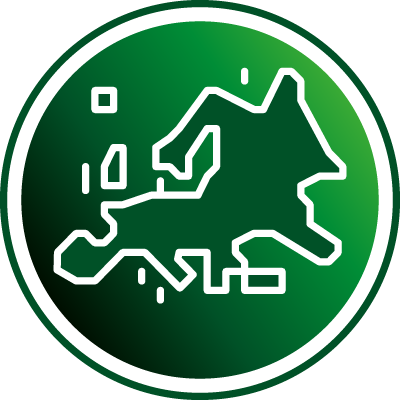
Rewilding practice
Working with stakeholders at eight carefully selected rewilding sites across Europe to gather first-hand information on how rewilding solutions can effectively support nature and people whilst being economically viable.
-

Rewilding futures
Using advanced modeling techniques and rewilding scenarios to better understand how environmental and societal changes in the future might affect the potential for rewilding in Europe.
-
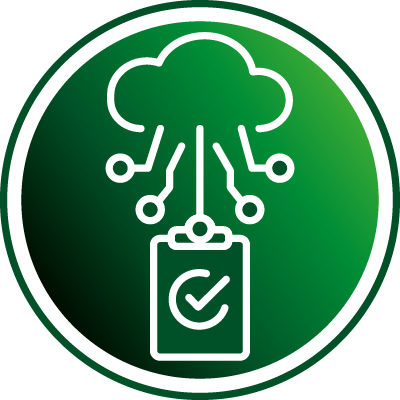
Rewilding synthesis
Bringing together the new research and lessons from wildE to produce practical outputs and tools. These include: guidelines, policy recommendations and online tools.




